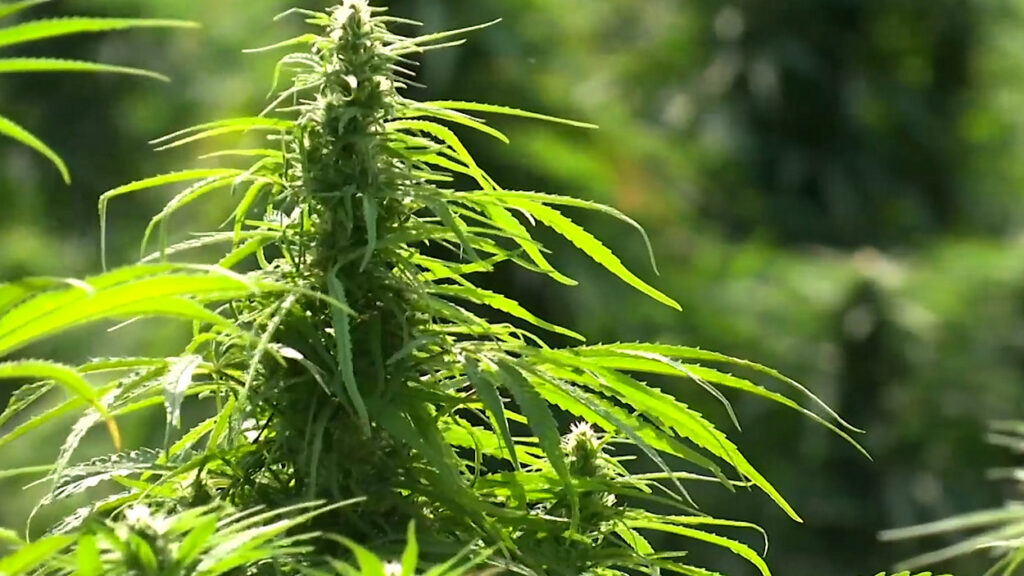In the vast expanse of the United States’ agricultural landscape, Texas stands out not only for its size but also for its significant impact on various industries, including the burgeoning hemp sector. Since the legalization of hemp in 2018 under the U.S. Farm Bill, Texas has quickly positioned itself as a frontrunner in hemp production and innovation. This blog post explores how hemp companies in Texas are leading the industry, diving into the strategic moves, challenges, and contributions of these trailblazers.
A Surge in Growth and Opportunity
Texas officially legalized hemp in June 2019, allowing for the cultivation, manufacture, and sale of hemp and hemp-derived products. The state’s warm climate, ample agricultural land, and agricultural expertise provide an ideal environment for growing hemp. This has attracted a plethora of entrepreneurs and established agriculturalists looking to capitalize on the crop’s potential.
Statistics from the Texas Department of Agriculture highlight the rapid growth of the industry. In the first year following legalization, over 1,000 producer licenses were issued, and Texas quickly became one of the top hemp-growing states in the country. The state’s hemp acreage is expected to continue growing, reflecting a national trend that sees the hemp industry’s market size increasing significantly. By the end of 2023, the U.S. hemp market is projected to grow to over $26 billion, according to a report by MarketsandMarkets.
Innovation at the Forefront
Texas hemp companies are not just growing plants; they are also leading significant innovations in hemp processing and product development. Companies like Texas Hemp Culture and Texagon Hemp are pioneering new techniques in cultivation and processing that increase yield, potency, and environmental sustainability.
One of the critical areas of innovation is in the extraction methods used to produce CBD oil, a highly sought-after product derived from hemp. Advanced CO2 and ethanol extraction methods are preferred, which allow for cleaner and more efficient processing. This technology not only positions Texas companies at the forefront of the CBD market but also paves the way for future biotechnological applications.
Diverse Product Offerings
The versatility of hemp is well-known, with applications ranging from textiles and bioplastics to health supplements and food products. Texas companies are exploring these possibilities to their fullest. For instance, Green Lotus Hemp, based in Dallas, offers a wide range of CBD products, including topicals, tinctures, and edibles. Their commitment to quality and customer education has set them apart as a leader in the CBD space.
Moreover, the rise of hemp as a sustainable alternative to traditional crops has seen Texas companies invest in hemp-based plastics and construction materials. Companies like Hempcrete USA are exploring the use of hemp in building materials that are not only environmentally friendly but also superior in insulation properties compared to traditional materials.
Challenges and Regulatory Navigation
Despite the booming growth, Texas hemp companies face significant challenges, particularly regarding regulation and market saturation. The Texas Department of Agriculture has implemented stringent regulations that require meticulous compliance from hemp growers and processors. This includes high fees for licenses and mandatory testing of hemp crops to ensure they contain less than 0.3% THC.
Additionally, as more players enter the market, competition has become fierce. Companies must innovate not only in product development but also in marketing and consumer education to differentiate themselves in a crowded market.

Economic Impact and Community Engagement
The economic impact of the hemp industry in Texas extends beyond the companies directly involved in its cultivation and processing. There is a ripple effect throughout local economies as these companies create jobs, engage with local communities, and contribute to the overall economic development.
Texas hemp companies are also playing a crucial role in community engagement by promoting sustainable agricultural practices and educating the public about the benefits and uses of hemp. Through workshops, farm tours, and participation in local events, these companies are building strong community ties and fostering a greater understanding of hemp’s environmental and economic benefits.
Looking to the Future
As we look to the future, the potential for Texas hemp companies to continue leading the industry is significant. With ongoing research and development, the expansion of hemp applications, and the maturing of the market, these companies are well-positioned to innovate and grow. Continued legislative support and advancements in agricultural technology will further solidify Texas’ position at the helm of the hemp industry.
In conclusion, Texas hemp companies are not merely participating in the industry; they are actively shaping its future through innovation, community engagement, and a deep understanding of the market dynamics. As the industry evolves, the role of these companies will undoubtedly be crucial in determining the trajectory of hemp’s impact on both the state and national levels. The pioneering spirit of Texas, combined with its vast agricultural resources, makes it the ideal ground for hemp’s promising future.
Discover the future of hemp innovation with NanoHempTechLabs, a leader in the Texas hemp industry! Harnessing advanced extraction methods and sustainable practices, we offer premium hemp products designed for maximum potency and environmental friendliness. At NanoHempTechLabs, we’re committed to pushing the boundaries of what hemp can achieve, from health supplements to eco-friendly materials. Elevate your product line and tap into a growing market with our diverse and innovative offerings. Don’t miss out on this booming opportunity. Schedule a call with us today to explore our wholesale options and learn how our cutting-edge products can benefit your business.
Reference:
- Kitamura, M., Kiba, Y., Suzuki, R., Tomida, N., Uwaya, A., Isami, F., … & Deng, S. (2020). Cannabidiol content and in vitro biological activities of commercial cannabidiol oils and hemp seed oils. Medicines, 7(9), 57. https://doi.org/10.3390/medicines7090057
- Pino, S., Espinoza, L., Villena, J., Olea, A., & Díaz, K. (2023). Study of cannabis oils obtained from three varieties of c. sativa and by two different extraction methods: phytochemical characterization and biological activities. Plants, 12(9), 1772. https://doi.org/10.3390/plants12091772
- Ruth, T., Colclasure, B., Conner, N., Holmes, A., & Brooks, T. (2022). Hemp on the horizon: understanding the influences on industrial hemp purchases. Advancements in Agricultural Development, 3(3), 1-13. https://doi.org/10.37433/aad.v3i3.189 Sebastian, J., Dong, X., Trostle, C., Pham, H., Joshi, M., Jessup, R., … & Provin, T. (2023). Hemp agronomy: current advances, questions, challenges, and opportunities. Agronomy, 13(2), 475. https://doi.org/10.3390/agronomy13020475





